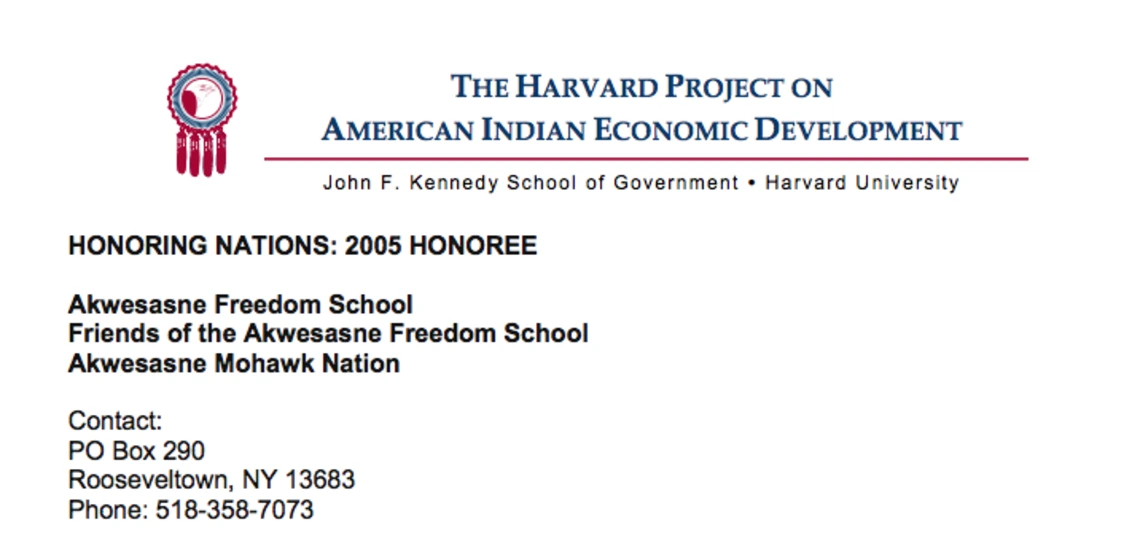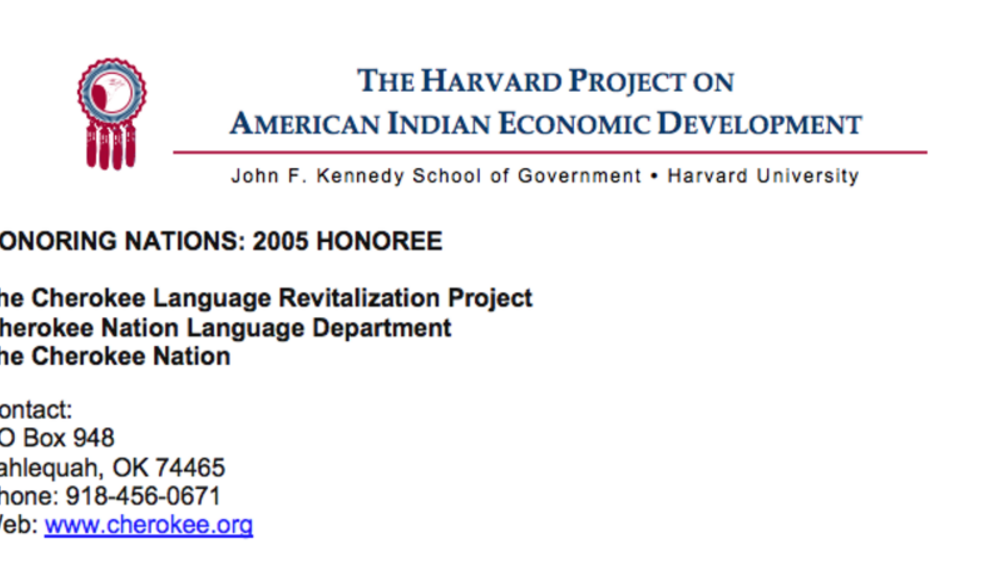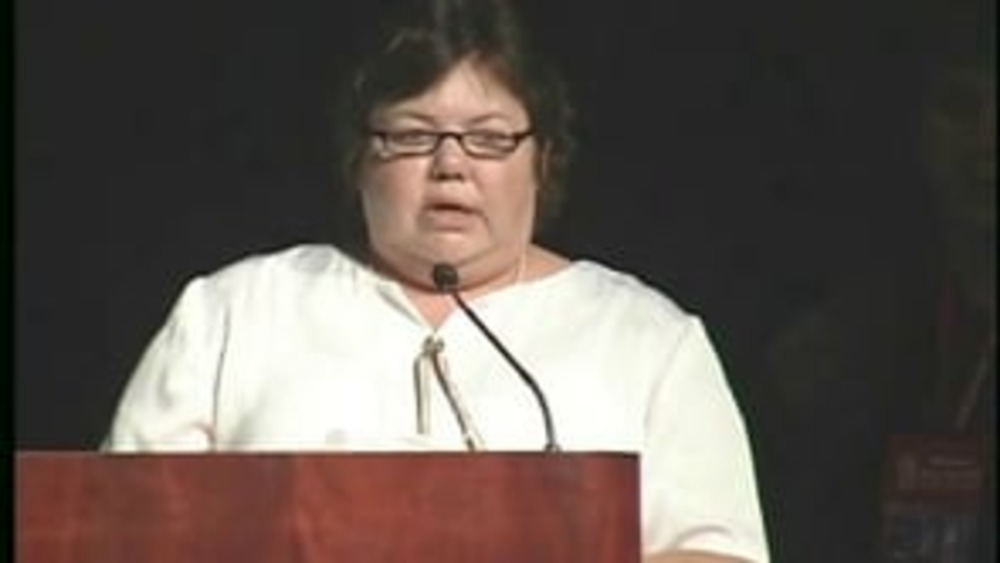In 1979, the Akwesasne Freedom School took form out of the Mohawk struggle for self-determination and self-government. It is characterized by a deep commitment to the maintenance of Mohawk identity. Students in this pre-kindergarten through 8th-grade language immersion school begin and end each school day reciting the Ohen:on Kariwahtekwen or Thanksgiving Address. The teachings embedded in these words express the Mohawk worldview and form the basis of the school’s curriculum. Founded by parents and supported by the Nation’s traditional and elected governments, the School offers a unique cultural and experiential education for young Mohawk citizens. It also creates new generations of Mohawks who know and live in two societies and can bridge the gap between them.
Additional Information
"Akwesasne Freedom School." Honoring Nations: 2005 Honoree. Harvard Project on American Indian Economic Development, John F. Kennedy School of Government, Harvard University. Cambridge, Massachusetts. 2006. Report.



